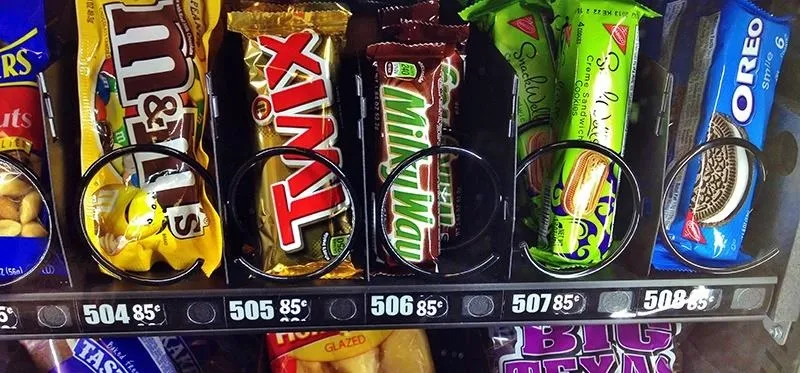In this article, you will find out how you can simulate poor network service on incoming callers on your Android phone using an Android app called CallDropper.
CallDropper is available for Android 2.3 devices and above.
Download and Installation
There are currently two ways to download CallDropper; by using Google Play you will be able to get a stable version of CallDropper and be able to receive automatic updates as they become available. You may alternatively download the development .apk file from CDC Solution which contains the latest hardware test builds and requires you to allow installation from unknown sources.
Configuring CallDropper
Be sure to turn this application off with the use of the toggle on the launcher screen. From within the launcher screen, you can configure your user settings, clear the database tables of temporary blocked numbers resulting from a successful "call drop", and toggle the application on and off.
By default, the application is set to be on and will remain in its last setting across reboots.

Warning
- At this time, CallDropper intercepts all incoming calls while activated.
In the Settings page, you can set various time for CallDropper to work with. At this time, in the release cycle (ver 0.1.2), CallDropper only allows setting the minimum and maximum range values for the drop call and the time incoming calls will be forwarded to voice mail and no calls can be auto managed in the Free/BETA version(s).

Using the In-Call Screen
Although it is not necessary, you may modify the automated behavior of your calls while taking them. Some devices will have the default system in-call screen resting on top of CallDropper's In-Call Screen as a result of answering the call. To get around this issue, at this time you will have to answer the incoming call on the system screen then either; use your back button to bring CallDropper into focus or navigate to the launcher icon after answering the incoming call.



Comments
No Comments Exist
Be the first, drop a comment!